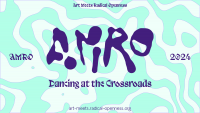 The CultureMoves research team of the C-DaRE center of Coventry University – Sarah Whatley, Rosa Cisneros and Marie-Louise Crawley – participated in the ‘Moving Culture: Tourism, Dance and Digital Storytelling’, organised by the Culture Moves project in Pisa.
The CultureMoves research team of the C-DaRE center of Coventry University – Sarah Whatley, Rosa Cisneros and Marie-Louise Crawley – participated in the ‘Moving Culture: Tourism, Dance and Digital Storytelling’, organised by the Culture Moves project in Pisa.
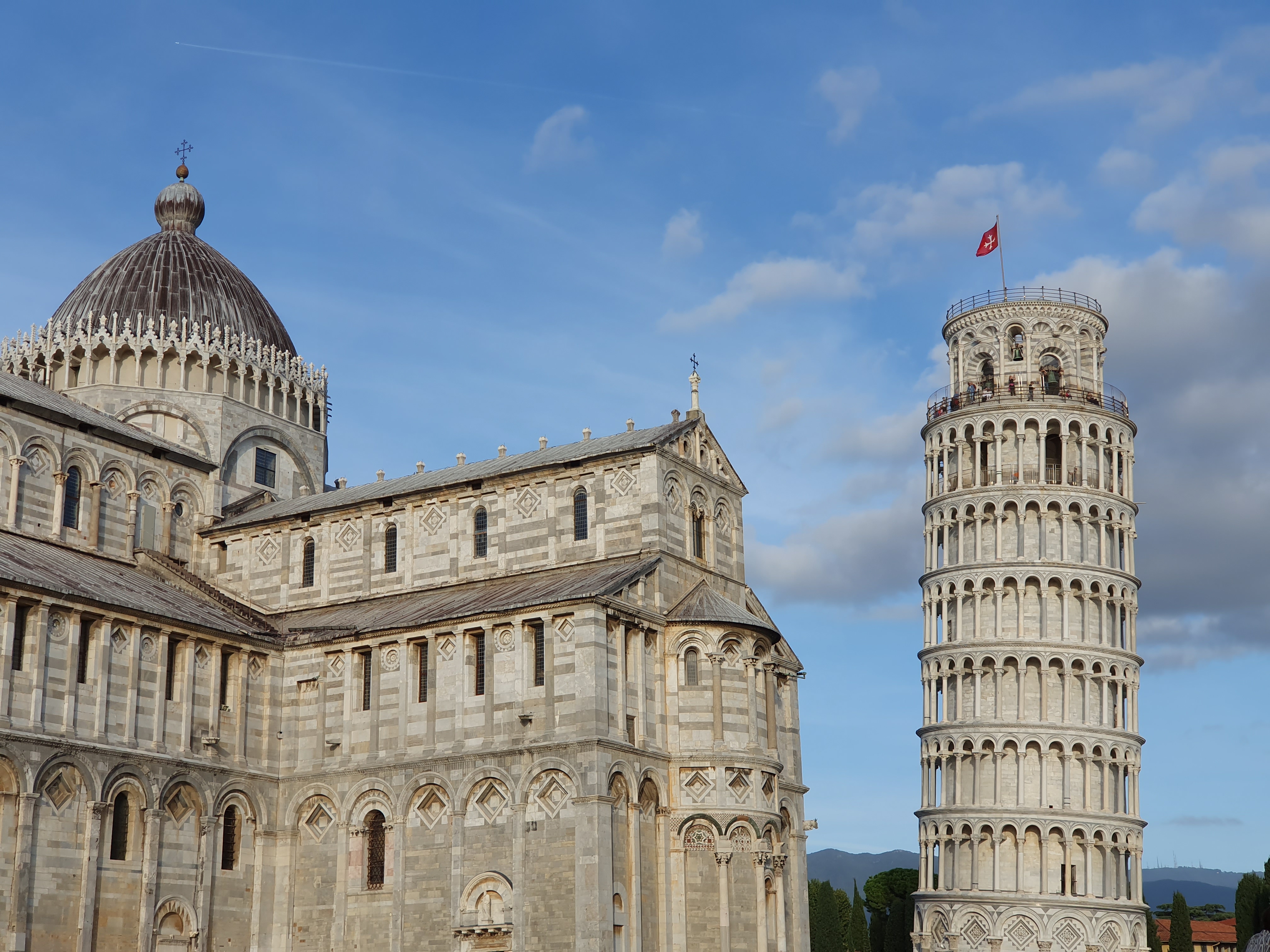 Key stakeholders from the cultural heritage, tourism, education and creative industries, with speakers from internationally renowned organisations such as Pep Gatell (La Fura dels Baus), Milena Popova (Europeana), Alfredo di Liguori (PugliaPromozione), and Sara di Giorgio (CulturaItalia) discussed new forms of creative and digital engagement, presenting inspiring examples of best practice.
Key stakeholders from the cultural heritage, tourism, education and creative industries, with speakers from internationally renowned organisations such as Pep Gatell (La Fura dels Baus), Milena Popova (Europeana), Alfredo di Liguori (PugliaPromozione), and Sara di Giorgio (CulturaItalia) discussed new forms of creative and digital engagement, presenting inspiring examples of best practice.
The conference was the occasion to host the opening of Dance (Algo)Rhythms, a video installation for the promotion of the Apuan Riviera region carried out by the Culture Moves project. Conceived and designed by Studio RF (Roberto Fazio), Dance (Algo)Rhythms proposes the creative re-use of digital content to tell the story of a place in a human-computer interactive form. The digital content used in the work was kindly provided by Europeana, the EX APT photographic archive (Provincial Archive of Massa-Carrara) and by the historical archive of the Marble Railway (Municipality of Carrara). The public were invited to visit the installation, enter into a relationship with the digital content, and by their movements, modify it, giving life to new artistic forms. On the evening of 11th October, live dance performances took place within the video installation during which classical, historical and hip-hop dancers transformed the main elements of the Apuan Riviera – mountains, marble quarries and coastline – into a digital scenography.
The appointment in Pisa is just the latest of a series of encounters organised by C-DaRE on the theme of dance and digital space.
In early November, the team of C-DaRE met with artists, researchers, practitioners and dance experts across the north of the UK (Leeds / Slanjayvah Danza; Manchester / Anton Mirto; Amy Voris) to undertake theoretical and practical explorations of Europeana and the CultureMoves digital storytelling and dance annotation tools (MovesCollect, MovesScrapbook, MotionNotes).
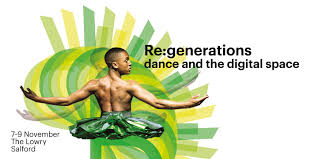


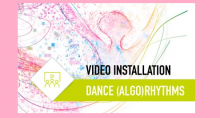
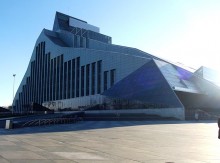
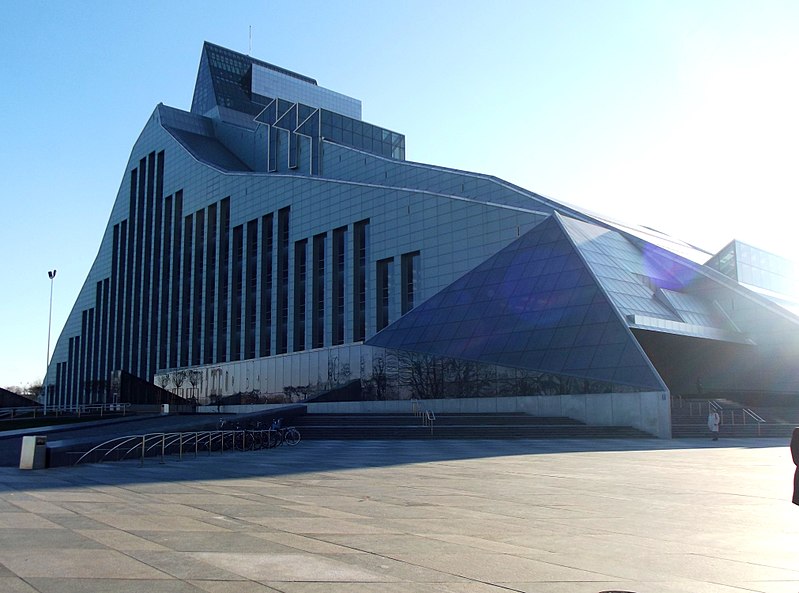
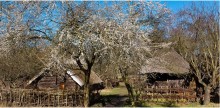
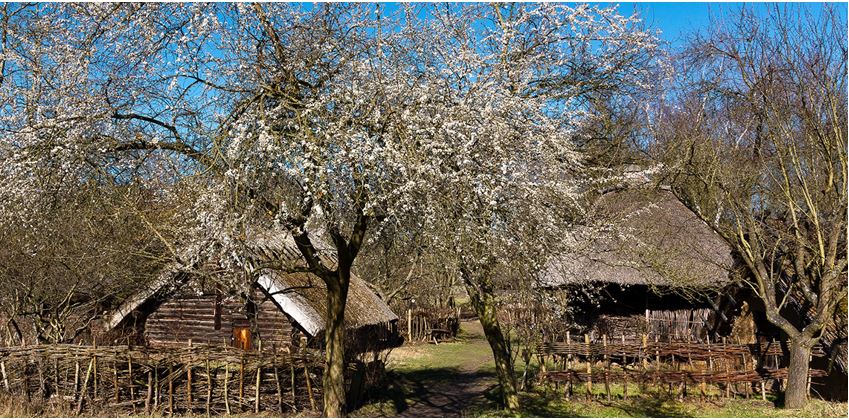 What’s an open-air museum?
What’s an open-air museum?
 EXARC is an affiliated organization of ICOM, the International Council Of Museums.
EXARC is an affiliated organization of ICOM, the International Council Of Museums.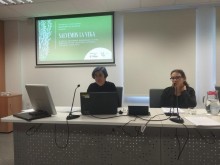
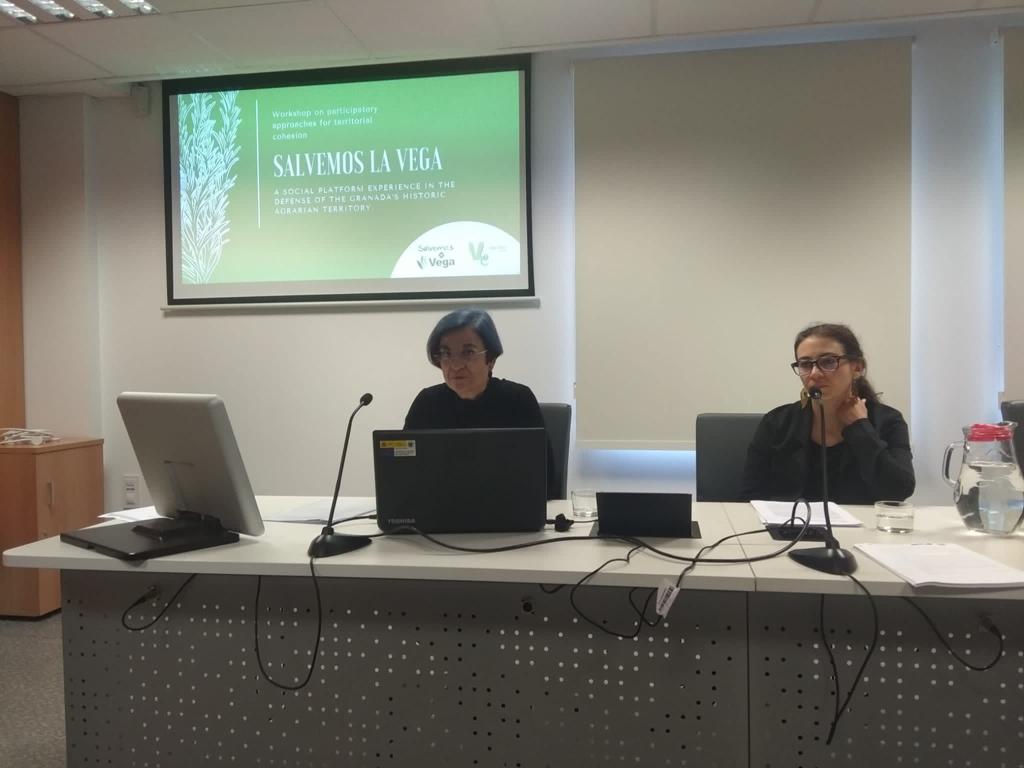 The last 26th November, the University of Granada, task leader of the Rural Heritage Pilot of the REACH project, held a Workshop on“Participatory Approaches for Territorial Cohesion”.
The last 26th November, the University of Granada, task leader of the Rural Heritage Pilot of the REACH project, held a Workshop on“Participatory Approaches for Territorial Cohesion”.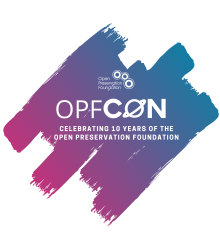
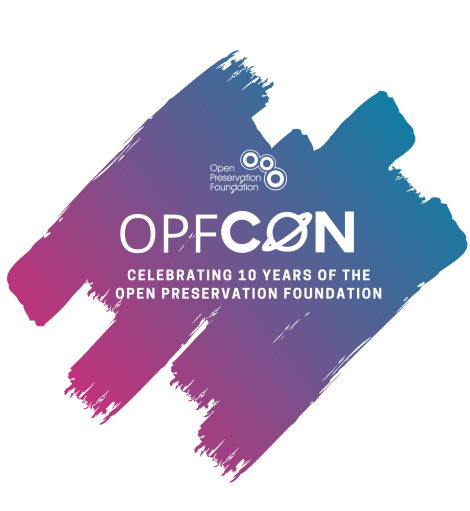 2020 marks 10 years of the Open Preservation Foundation. To honour this occasion, we invite you to join us at a global celebration on 10 June at the Austrian National Library in Vienna. OPFCON is transformed into an online event.
2020 marks 10 years of the Open Preservation Foundation. To honour this occasion, we invite you to join us at a global celebration on 10 June at the Austrian National Library in Vienna. OPFCON is transformed into an online event.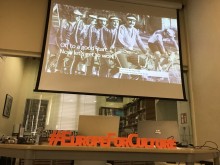
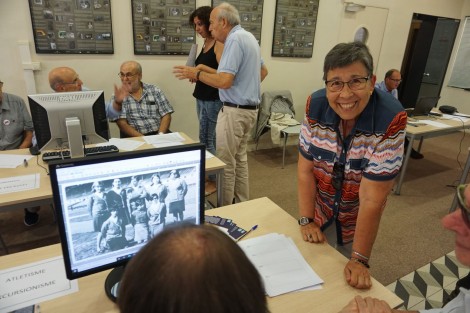
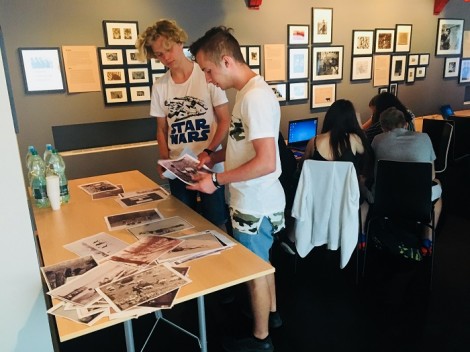
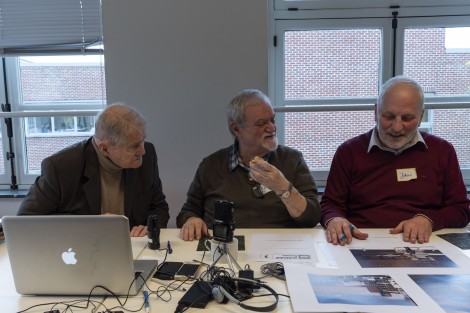
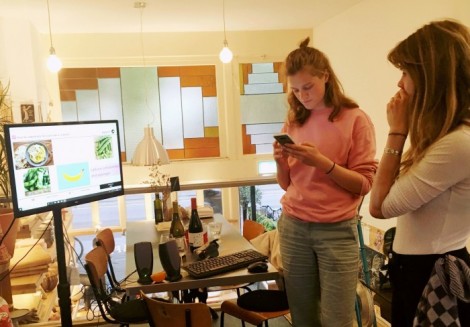 WeAre#EuropeForCulture leverages on this technology to be ‘where digital meets physical’, and as such the MuPop experience is more than just a digital screen that visitors can interact with. The idea is to lower the threshold for audiences to engage with cultural heritage, art and educational content, by making the content available in an accessible and playful way, within, but not necessarily in, a typical museum context, and making optimal use of the physical dimension of the spaces.
WeAre#EuropeForCulture leverages on this technology to be ‘where digital meets physical’, and as such the MuPop experience is more than just a digital screen that visitors can interact with. The idea is to lower the threshold for audiences to engage with cultural heritage, art and educational content, by making the content available in an accessible and playful way, within, but not necessarily in, a typical museum context, and making optimal use of the physical dimension of the spaces.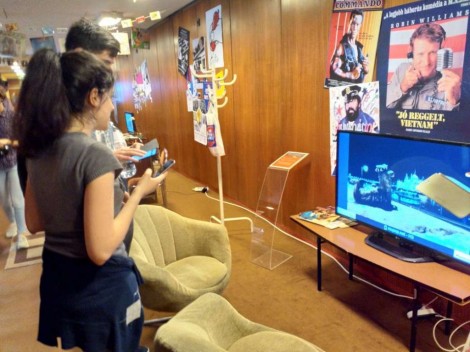
















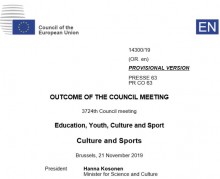

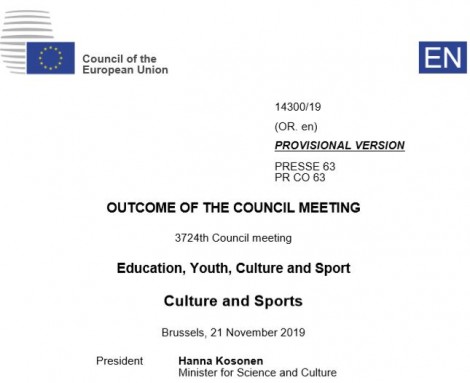
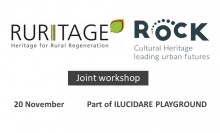
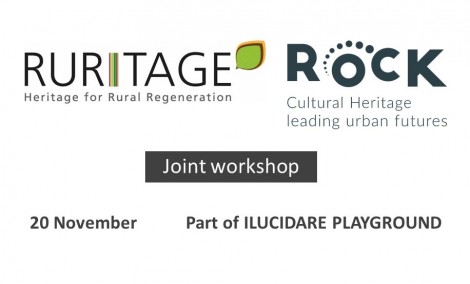 It will be part of the
It will be part of the 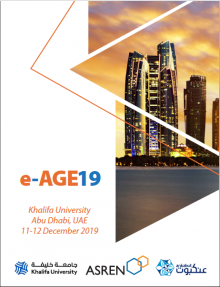
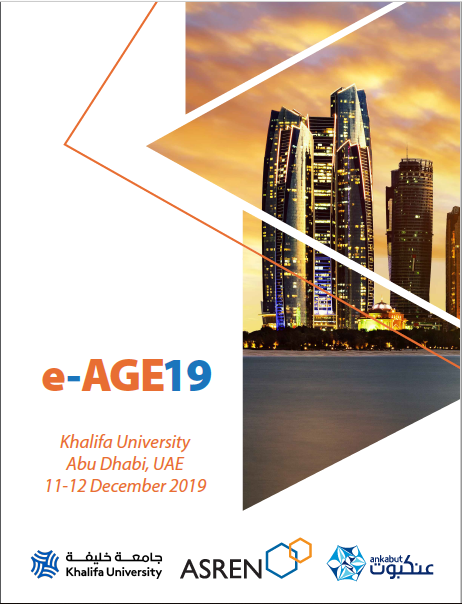 Register Now and join us at our 9th International Conference e-AGE19 at Khalifa University (جامعة خليفة ) hosted by Ankabut 11-12 December 2019 in Abu Dhabi.
Register Now and join us at our 9th International Conference e-AGE19 at Khalifa University (جامعة خليفة ) hosted by Ankabut 11-12 December 2019 in Abu Dhabi. If you have interesting news and events to point out in the field of digital cultural heritage, we are waiting for your contribution.
If you have interesting news and events to point out in the field of digital cultural heritage, we are waiting for your contribution.














